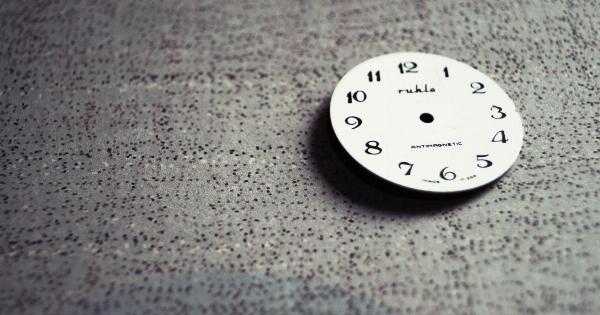For centuries, people have preferred different sleep schedules. While some are morning people and wake up before the sun rises, others find themselves fully energized late in the night and struggle to fall asleep before 2 or 3 a.m.
These people are often referred to as night owls due to their nocturnal habits. While some people believe that this is a result of laziness or a lack of discipline, science proves that the difference in sleeping schedules is more complex than that.
The Science Behind Sleep Schedules
Every human being is unique and has different natural rhythms. These rhythms are controlled by the body’s internal clock, which is also known as the circadian rhythm.
Our bodies’ natural clocks are set according to external factors, such as light, temperature, and social interaction. Our modern lifestyle and social patterns mean that people are expected to be awake during daylight and asleep during nighttime. Unfortunately, this pattern does not work for everyone.
There are some people whose circadian rhythm is set to make them feel most awake during the night.
According to several studies, night owls have certain patterns in the brain that affect their sleep schedule.
For instance, some researchers have found that night owls have lower levels of the sleep hormone melatonin, which helps regulate the sleep-wake cycle. Night owls also have higher levels of a hormone called cortisol, which causes stress and makes it harder to fall asleep.
The Benefits of Being a Night Owl
While night owls may face several challenges in their daily routines, being a night owl is not all bad. There are some benefits to staying up late that morning people do not get to experience.
For instance, being a night owl means that a person can have more alone time and can maximize their productivity during the quiet hours when most people are asleep. Night owls often find that their creative juices start flowing during these hours, which is why some artists and writers prefer to work late in the night.
Furthermore, night owls are often able to manage their work schedules more efficiently as they can work late into the night.
Since most workplaces operate during the day, night owls can use the quiet hours to catch up on their work and complete demanding tasks that require more focus and attention.
The Downside of Being a Night Owl
While there are some advantages to being a night owl, there are also several downsides. Perhaps the most obvious downside is the fatigue and exhaustion that comes with a lifestyle that is out of sync with societal norms.
Night owls often have irregular sleep schedules, which can lead to health problems such as weight gain, high blood pressure, and diabetes.
Furthermore, night owls often miss out on important social engagements as their schedule means that they cannot participate in most daytime activities. This isolation can lead to depression and anxiety.
Additionally, the night owl’s schedule can be a strain on relationships, as their partner might not be able to keep up with their nocturnal habits.
Another disadvantage of being a night owl is the lack of sunlight exposure. Sunlight is essential for good health and wellbeing as it provides the body with vitamin D.
Night owls may not get enough sunlight exposure which can lead to vitamin D deficiencies. This deficiency can result in mood disorders, bone density problems, and a weakened immune system.
Tips for Night Owls to Get More Rest
While it may be challenging for night owls to change their sleeping habits completely, there are a few things they can do to improve the quality of their rest.
Here are some tips:.
- Create a conducive sleeping environment: Keep your bedroom dark, quiet and cool. Make sure your mattress and pillows are comfortable.
- Stick to a schedule: Try to go to bed and wake up at the same time every day. This helps train your body to sleep better.
- Avoid caffeine, alcohol, and nicotine: Stay away from these substances as they can keep you awake and reduce the quality of your sleep.
- Reduce screen time: The blue light from electronic devices reduces melatonin levels and makes it harder to fall asleep. Reduce your screen time, especially before bedtime.
- Exercise regularly: Regular exercise helps reduce stress and improves sleep quality. However, try to avoid working out too close to bedtime as it can increase alertness and reduce the quality of your sleep.
The Final Word
Being a night owl is not all bad, but it does come with some downsides. Night owls face several challenges, from health problems to social isolation.
Nevertheless, there are improvements that night owls can make to their sleeping habits to help them get a better quality of sleep and improve their overall health. Rest is essential for good health and learning to manage your sleeping habits can make a significant impact on your overall wellbeing.































